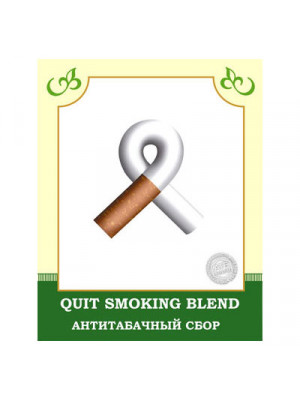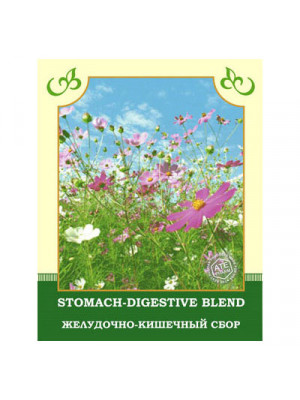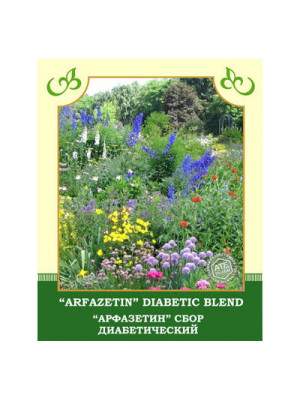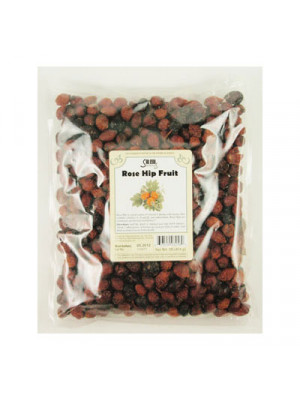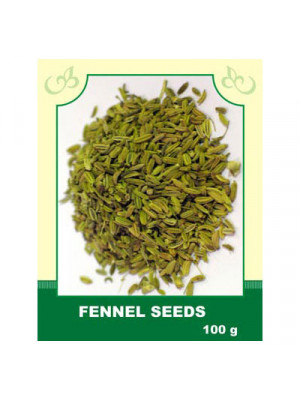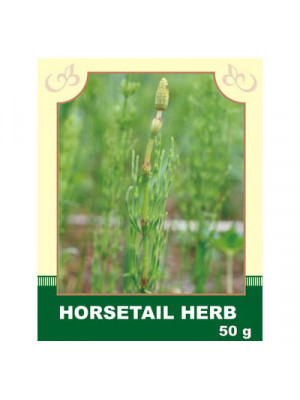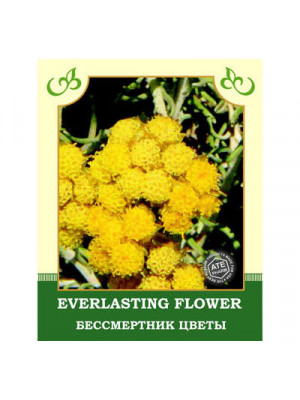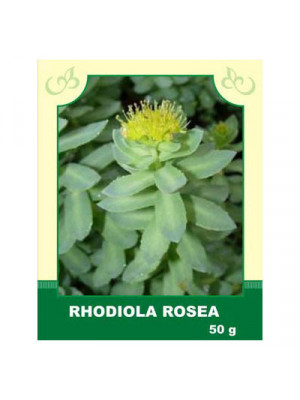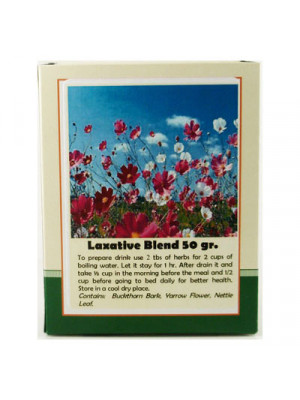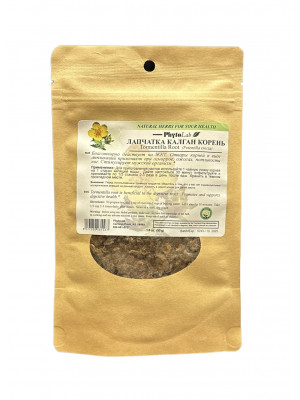Dry Herbs & Berries
If you like to use a lot of dry herbs and berries to create teas, wellness pads and an assortment of other items for well-being, our dry herbs and berries can provide you with a quick way to do it on your own. Each packet contains the herbs or berries of your choice that were freshly grown, chopped up and dried to perfection. Every herb and berries packet is 100% natural, with no artificial preservatives or added fillers. You're able to create a tasty blend with all that is provided from our large selection.
Composition: marshmallow, licorice, pine buds, anise, sage.
The infusion relieves the painful symptoms of withdrawal, calms the nervous system and helps cleanse the lungs.
$6.99Composition: chamomile, peppermint, dill (fruits), ground elder, licorice.
Indications: Gastritis with increased acidity, peptic ulcer of the stomach and duodenum, chronic colitis, biliary dyskinesia, spasms of the smooth muscles of the gastrointestinal tract.
$5.40- Contains: Chamomile flowers, St. John's wort, Horsetail, Rose hips, Bilberry sprouts, Haricot beans, Hercules Club root. Uses: This blend is used for its hypoglycemic and restorative actions. It is helpful for prevention and reduction of light forms of diabetes, it reduces level of sugar in blood and considerably improves atate of health.
Warning! Before using any herbal products, make sure that you have full knowledge of how the herb works and any adverse reaction it may cause. For more detailed information about each herb see 'Herbs' section.$6.99
Description. Common names: Dog Rose, Hip Fruit, Hip Rose, Wild Brier, Eglantine Fruits. Herbalists note that Rose Hips therapeutic benefits mirror those of vitamin C: supports immune health, promotes healthy resistance, soothes stress, and promotes urinary tract health. Rose Hips are packed with carotenoids, Calcium, B-Complex, Selenium, and other health-boosting nutrients. Herbalists recommend Rose Hip tea, especially when you're experiencing that exhausted, "running on empty" feeling. Enjoy Rose Hips as a tangy, non-caffeinated tea to drink throughout the day as a daily herbal source of Vitamin C and bioflavonoids. Rose Hips have bactericidal, anti-inflammatory, diuretic properties, and strengthen immune system. Use. In addition to their culinary uses, Rose Hips are also valued for medicinal properties. The anti-inflammatory properties of rose hips have recently been shown to be useful in the treatment of patients suffering from knee or hip osteoarthritis. Scientists in Denmark reported that patients who daily consumed standardized rose hip powder experienced significantly less joint stiffness and pain, and an improved general well-being and mood after 3 to 4 months of treatment. Rose Hips are also used for atherosclerosis, high blood pressure, stomach ulcer, for better metabolism. Rose Hips help to reduce cholesterol from blood. Those who take Rose Hips regularly say that have become more energetic and sturdy.Rose Hips are also capable of alleviating the problems of insomnia, do away with depression, drive out fatigue and also offer comfort in conditions such as tetchiness.
Attention! Before using any herbal products, make sure that you have full knowledge of how the herb works and any adverse reaction it may cause.$13.59Internally: Fennel fruits are prescribed for spasmodic colitis, flatulence, to improve appetite, digestion, bile secretion, as well as for diseases of the biliary and urinary tracts and other diseases. The infusion is especially often prescribed in pediatrics (in the form of dill water) for abdominal pain in children; for bronchitis and diseases of the upper respiratory tract; for lactation in breastfeeding women.
Method of application and doses: 2 tablespoons of fennel seeds are poured with 200 ml of boiling water, boiled in a water bath for 15 minutes, infused at room temperature for 45 minutes, strained. The ready infusion is brought to the original volume and taken in 1/3 cup 3-4 times a day.
Externally: Gives a good therapeutic effect in the treatment of fungal skin diseases.
Contraindications: Individual intolerance.
$6.99Internally: Used as a diuretic for edema due to insufficient circulation, as well as for inflammatory processes of the bladder and urinary tract, pleurisy with a large amount of exudate, and as a hemostatic agent, especially for uterine and hemorrhoidal bleeding. Increases urine output, reduces the amount of protein in it, improves overall metabolism in the body, reduces edema of various origins, and stops inflammatory processes.
Method of application and doses: Steep 4 tablespoons of dry herb in 2 cups of hot boiled water, strain. Drink the infusion (warm) sip by sip throughout the day.
Externally: Used to strengthen hair, treat old wounds and ulcers, and in the treatment of skin diseases. Steep 50 g of the herb for a day in 3 cups of cold water, strain. Use for baths, rinses, and compresses.
Contraindications: Individual intolerance, in case of acute kidney inflammation. Poisonous plant, requires caution in use.
$6.99
Description. Everlasting flower is an ancient herb, which has a long history of use. Traditionally this herb has been used for kidney and liver illnesses, and for gastrointestinal tract disorders. Everlasting flowers contain volatile oil, vitamins, glycosides, alcohol, tannins, fatty acids, minerals and trace elements. The properties of everlasting flower are anti-inflammatory, antibacterial, spasmolytic, cholagogic, diuretic and improving metabolism. The herb helps reduce cholesterol in blood. Use. Everlasting flowers can be taken as infusion, decoction or extract. Preparations of everlasting flowers are of great help for cholecystitis, cholelithiasis, hepatitis. An infusion is used in the treatment of gall bladder disorders and as a diuretic in treating rheumatism, cystitis etc. A homeopathic remedy is made from the flowering plant. It is used for gall bladder disorders and lumbago.
Attention! Before using any herbal products, make sure that you have full knowledge of how the herb works and any adverse reaction it may cause.$6.99Internally, it is taken as a means of stimulating the central nervous system, for increased fatigue, during increased mental stress, in depressive states in alcoholism patients, to increase endurance on long hikes, for hypotension, insomnia, impotence, and sexual weakness.
Method of application and dosage: Prepare a tincture on 40% alcohol in a ratio of 1:5, infuse in a dark place for 3-4 weeks, strain, and take 15 drops 3 times a day 15-20 minutes before meals. The infusion is prepared by pouring 10 g of raw material with 200 ml of boiling water, infusing for 4 hours, straining, bringing to the original volume with boiling water, and taking 1/2 cup 2-3 times a day.
Contraindications: individual intolerance, with sharply expressed excitability, hypertensive crisis, febrile conditions. Overdose is not allowed. It is not recommended to take it at night or late in the evening.
$6.99- Contain: Buckthorn Bark, Yarrow Flower, Nettle leaf.
Attention! Before using any herbal products, make sure that you have full knowledge of how the herb works and any adverse reaction it may cause.$5.40 Internally taken as a binding, anti-inflammatory, cholagogue, and hemostatic agent, for intestinal and uterine bleeding, liver and gallbladder diseases, duodenal ulcer, enterocolitis, and skin conditions.
Method of application and dosage: 1 tablespoon of raw material is poured with 200 ml of boiling water, heated in a water bath for 30 minutes, infused at room temperature for 10 minutes, strained, squeezing out the remaining raw material. The finished infusion is brought to the original volume with boiled water. Take 2 tablespoons 4 times a day before meals. Externally, it is used for gargling in angina, gingivitis, and toothache, as well as for burns, oozing eczema, and other skin diseases.
Contraindications: individual intolerance.
$9.99


